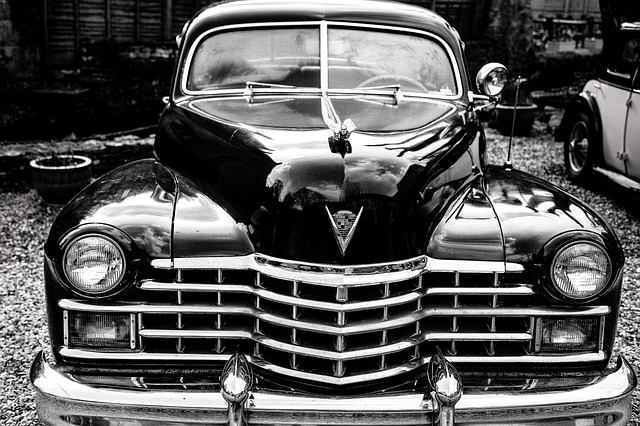My parents grew up in rural Kentucky during the Great Depression and World War II. They knew well the value of a dollar, and my mother was a master at re-purposing and recycling as a matter of necessity. Given their history, it is no surprise that I grew up wearing hand-me-downs from my five older brothers (thankfully none from my sister,) often patched and repaired. I have no complaints – I would rather have my brothers than Brooks Brothers.
In Bloomington, Indiana, where I grew up, there was a men’s clothing shop called “Sullivan’s.” Sullivan’s sold what, in my estimation, was “high end” clothing. I saw the prices in their newspaper ads (I was a paperboy for years) and window displays. I knew it was out of my league. Still, I was not as relentlessly practical (or likely as wise) as my parents. I wanted to know what it was like to have the “good” stuff. So one day, years later, I sheepishly wandered in and met Bob Sullivan.
Bob had taken over Sullivan’s from his father, if I recall correctly, who had taken it over from his father. I’m not sure how far it went back, but it was family-owned and operated from the start. Bob was exactly not what I expected. He wasn’t a pushy salesman. He didn’t look down on my department store shirt and khakis. He asked my name and, to my great surprise, he remembered it every time I visited over the next ten years or so – even though I usually showed up only during sales, and rarely bought anything at full price. Bob was a quality guy who sold quality clothes, and he knew the value of a dollar.
From a placard in the dressing room of Sullivan’s, I learned one of my greatest economic lessons, proven and reinforced by my experiences with him and his store. It was a quote from John Ruskin, explaining the common law of business balance:
“There is hardly anything in the world that someone cannot make a little worse and sell a little cheaper, and the people who consider price alone are that person’s lawful prey. It’s unwise to pay too much, but it’s worse to pay too little. When you pay too much, you lose a little money – that is all. When you pay too little, you sometimes lose everything, because the thing you bought was incapable of doing the thing it was bought to do. The common law of business balance prohibits paying a little and getting a lot – it can’t be done. If you deal with the lowest bidder, it is well to add something for the risk you run, and if you do that you will have enough to pay for something better.” – John Ruskin
Nothing on this earth lasts forever. Food spoils. Clothing wears out. Electronics break. Entropy gets us all in the end. Quality, though, will extend the life of most anything. Quality goods not only last longer, but they are worth maintaining, patching up, and passing along. Quality may cost a bit more, but you get what you pay for.
(About that cover picture: one of those shiny new 1959 tricycles became mine years later. I still remember when it lost the battle with rust in 1968 or 1969, and broke in half while I was chasing my older brothers down the street.)
